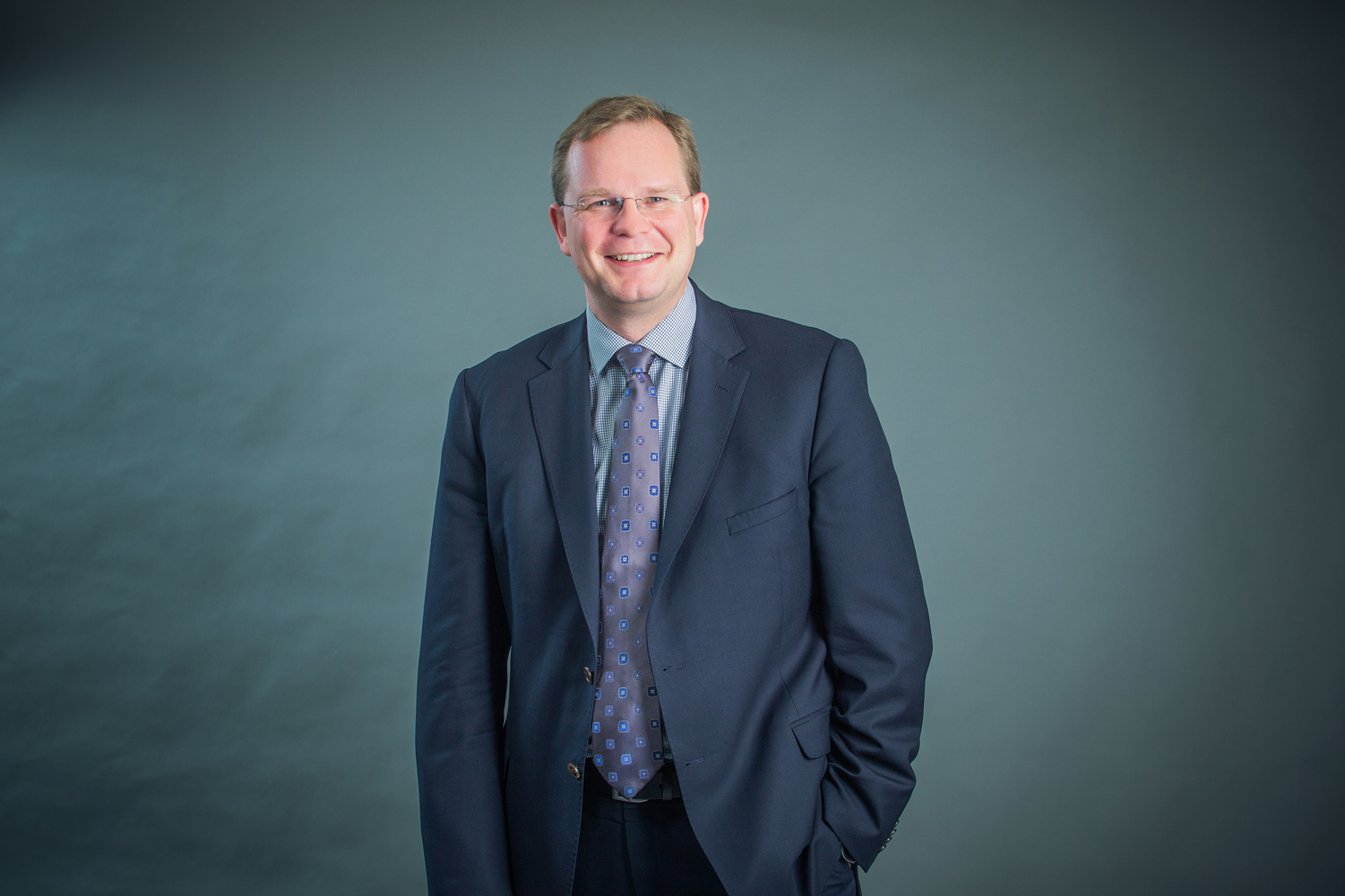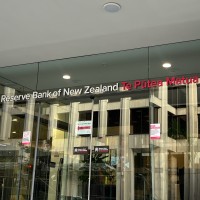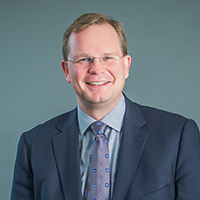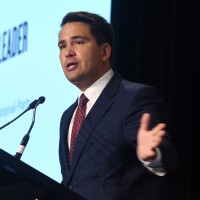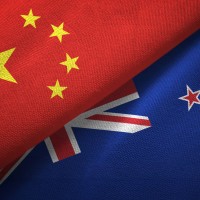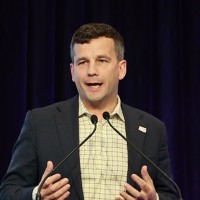
Capital Markets Report: Opening the door to investment
For over a decade, we at The New Zealand Initiative have been staunch advocates for liberalising New Zealand’s foreign direct investment (FDI) regime. Our consistent message has been that New Zealand needs an influx of foreign capital to accelerate economic growth, and that our current FDI rules are overly restrictive, acting as a significant deterrent to potential investors. Read more


